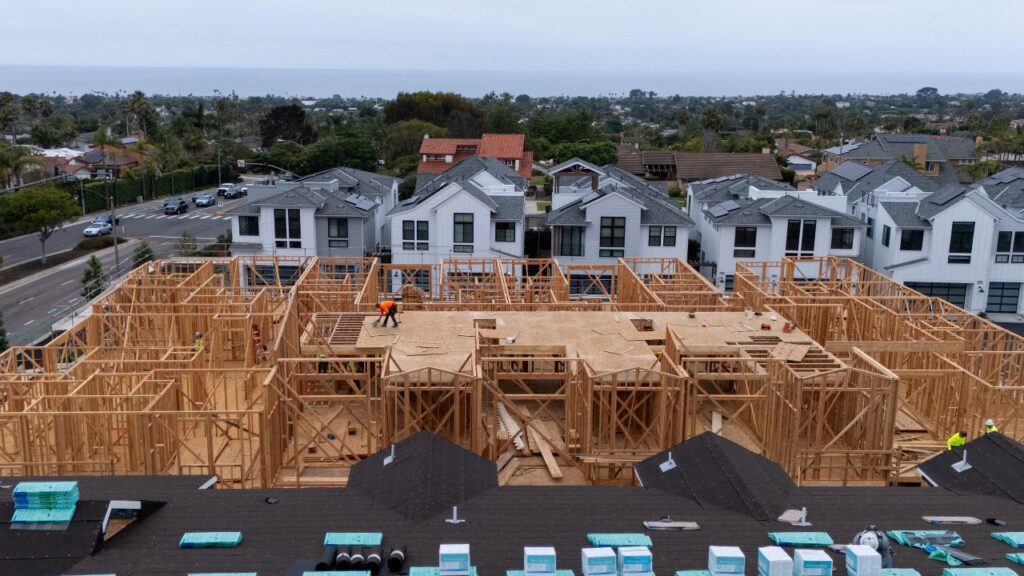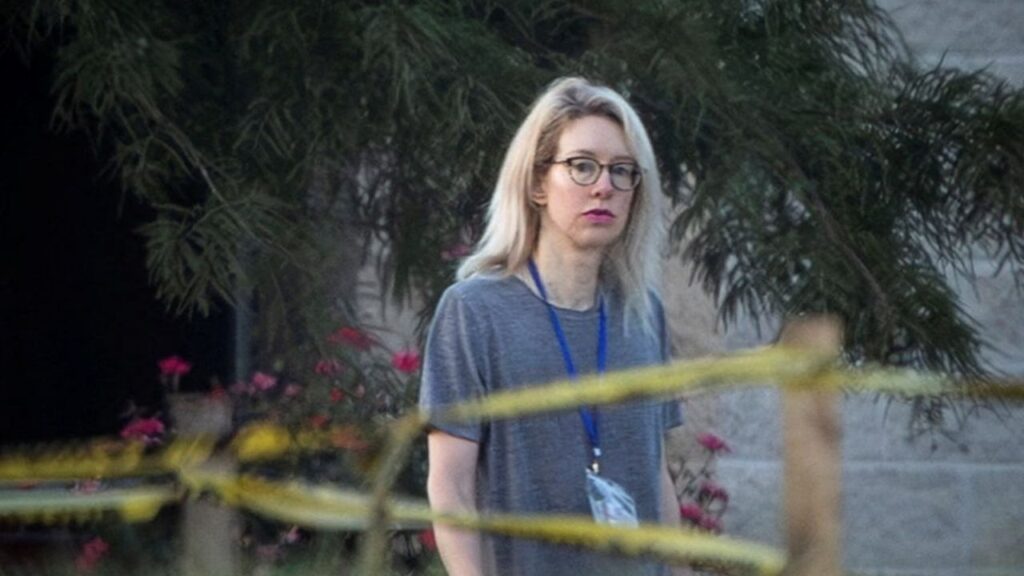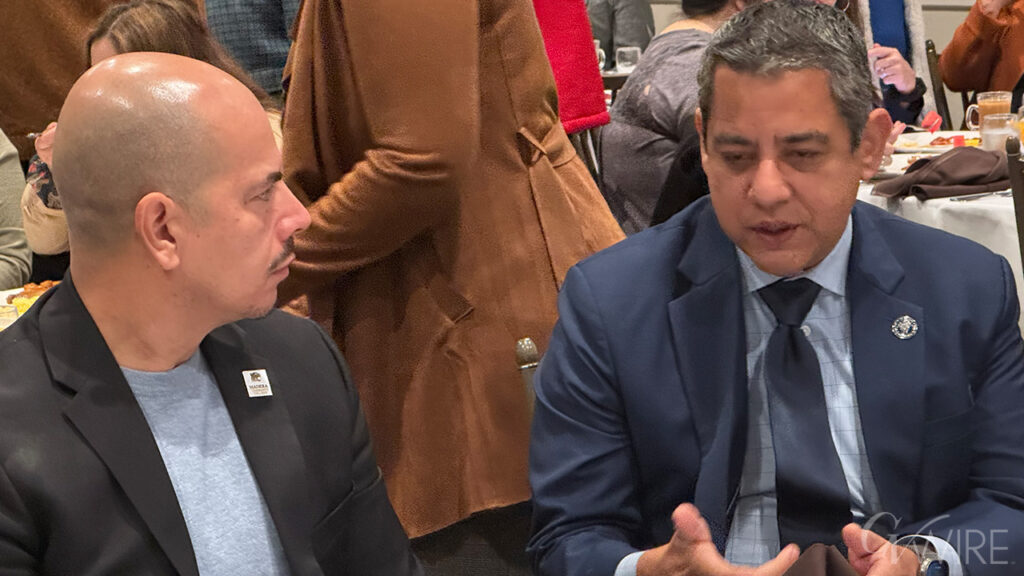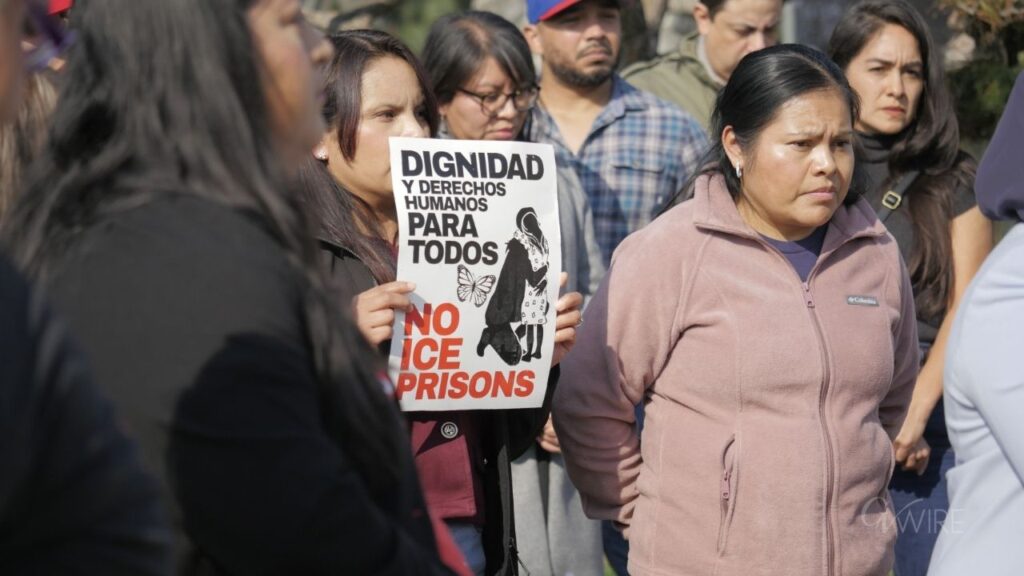Share
SACRAMENTO — California will be the first state to give cash payments to immigrants living in the country illegally who are hurt by the coronavirus, offering $500 apiece to 150,000 adults who were left out of the $2.2 trillion stimulus package approved by Congress.
Many Americans began receiving $1,200 checks from the federal government this week, and others who are unemployed are getting an additional $600 a week from the government that has ordered them to stay home and disrupted what had been a roaring economy.
But people living in the country illegally are not eligible for any of that money, and advocates have been pushing for states to fill in the gap. Wednesday, Gov. Gavin Newsom announced he would spend $75 million of taxpayer money to create a Disaster Relief Fund for immigrants living in the country illegally.
“We feel a deep sense of gratitude for people that are in fear of deportations that are still addressing essential needs of tens of millions of Californians,” said Newsom, who noted 10% of the state’s workforce are immigrants living in the country illegally who paid more than $2.5 billion in state and local taxes last year.
Newsom said the money will not be distributed based on income. In fact, the government won’t distribute it at all, instead giving it to a network of regional nonprofits who are trusted in the immigrant community and have experience supporting them.
“Their personal information will not be required to get those supports,” he said.
California Has Estimated 2.2 Million Immigrants Living in the Country Illegally
A group of charities has committed to raise another $50 million for the fund, begun by a $5.5 million in contributions from the Emerson Collective, Blue Shield of California Foundation, the California Endowment, the James Irvine Foundation, the Chan Zuckerberg Initiative and an anonymous donor.
California has an estimated 2.2 million immigrants living in the country illegally, the most of any state, according to the Pew Research Center.
Jacqueline Martinez, CEO of the Latino Community Foundation, said it’s not clear which nonprofits will get the money and how they will distribute it. But she said it was critical for California not to try and hand out the money itself.
“You need to use organizations that have trusted relationships with these families,” she said. “Will these families even step out of their homes to gain access to these resources?”
California has been the most aggressive state in the nation when it comes to giving benefits to immigrants living in the country illegally. Last year, California became the first state to give taxpayer-funded health benefits to low-income adults 25 and younger living in the country illegally. This year, Newsom had proposed expanding those benefits to seniors 65 and older.
Republicans and conservative groups have mostly opposed those measures, arguing the state should not use public money for people who are not citizens. But immigrants rights advocates say California — the fifth largest economy in the world with a population of nearly 40 million people — has a responsibility to care for all of its residents.
California Has More Than 26,600 Confirmed Coronavirus Cases and More Than 850 Deaths
The spending announced Wednesday means Newsom has committed to spending more than $2 billion responding to the coronavirus, an extraordinary amount in just over one month. Thursday, state lawmakers are scheduled to have their first oversight hearing of Newsom’s spending.
For most people, the new coronavirus causes mild or moderate symptoms, such as fever and cough that clear up in two to three weeks. For some, especially older adults and people with existing health problems, it can cause more severe illness, including pneumonia, and death.
California has more than 26,600 confirmed coronavirus cases and more than 850 deaths, according to data compiled by Johns Hopkins University. Those numbers are far behind other virus hot spots like U.S. like New York and New Jersey, which public health officials attribute to the state’s aggressive implementation of physical distancing and stay-at-home orders.



















